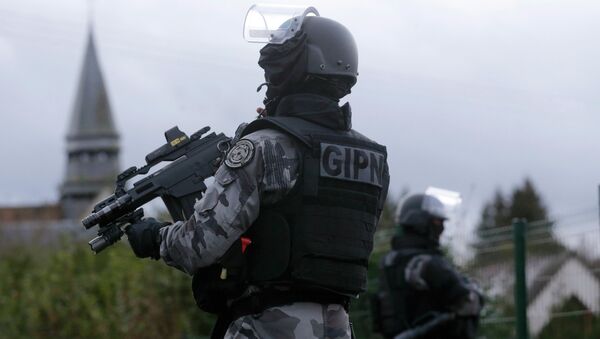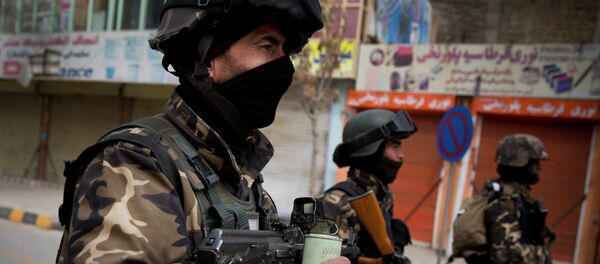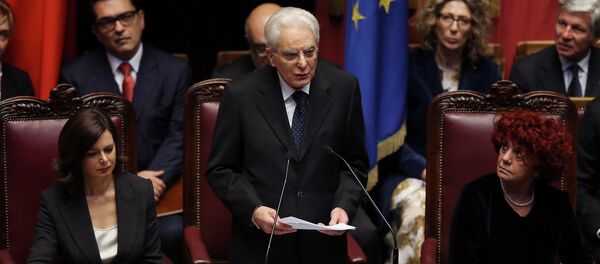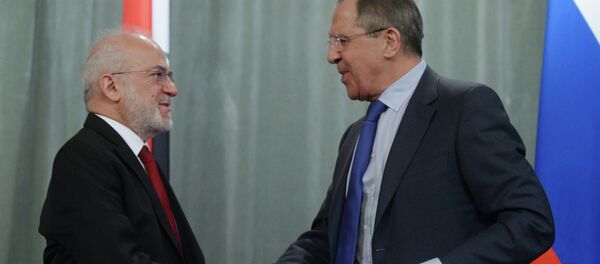"There is a fierce competition between al-Qaeda and Daesh [the Arabic acronym for ISIL] over the leadership of global jihad; we may at some stage see al-Qaeda launching an attack in Europe or Africa to show that they are still relevant," de Kerchove stated, speaking at the Brussels Forum, an annual policy conference, on Saturday.
De Kerchove noted that the terror threat to Europe and the United States has become "much more complex" since the attacks of September 11, 2001. At that time, "we had an organization, al-Qaeda, structured like a multinational company."
De Kerchove noted that the EU must have "much more political engagement with the Gulf" states, some of whom have been accused of arming and financing radical Islamist groups, in the aims of anti-terrorism cooperation.
Speaking to forum participants, including European and American political, corporate and intellectual leaders, the security chief added that "we should not forget [about] ideology," noting that the groups' "distorted interpretation of Islam has some impact in Europe." De Lerchove warned that young Europeans "with no contact to terrorist organizations" who get radicalized online, in prison or by extremist imams in their home countries are also a threat to continental security. The anti-terror chief cited terrorists who carried out attacks in Paris and Copenhagen earlier this year to drive his point home.
De Kerchove noted that he would like to see more done about removing illegal web content related to terror, but added that "it is a very tricky issue because we are divided on the scope of free speech in Europe."





